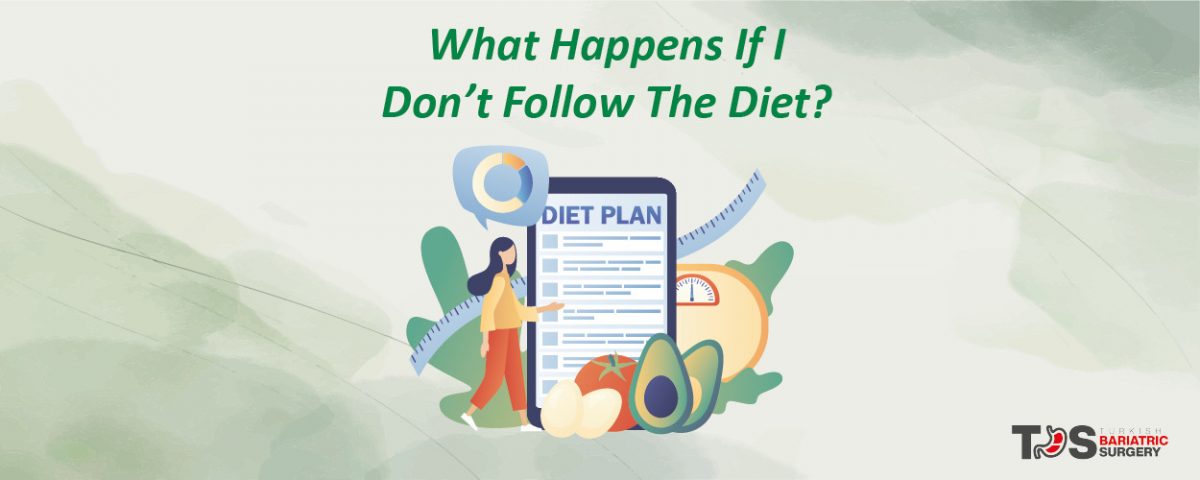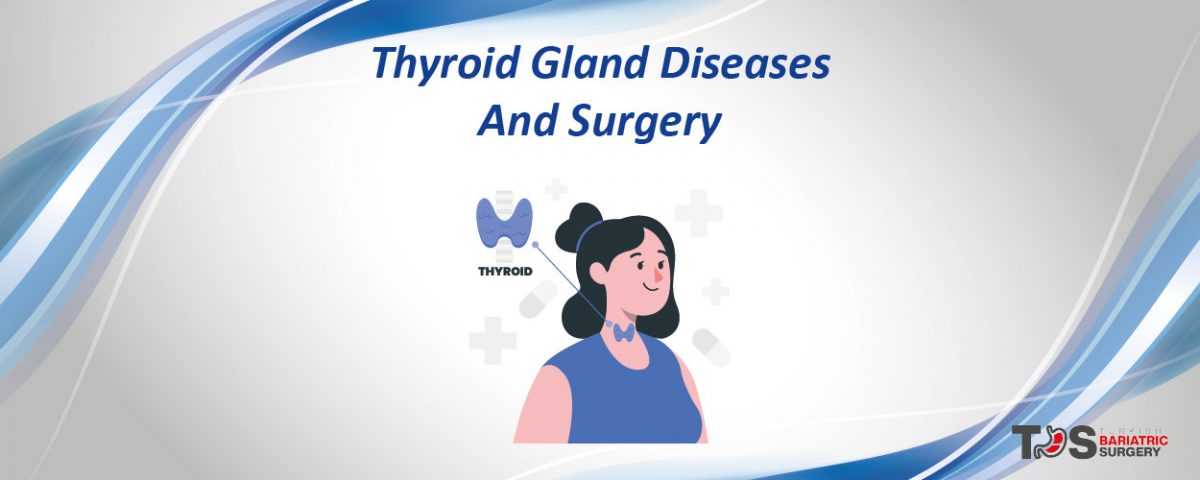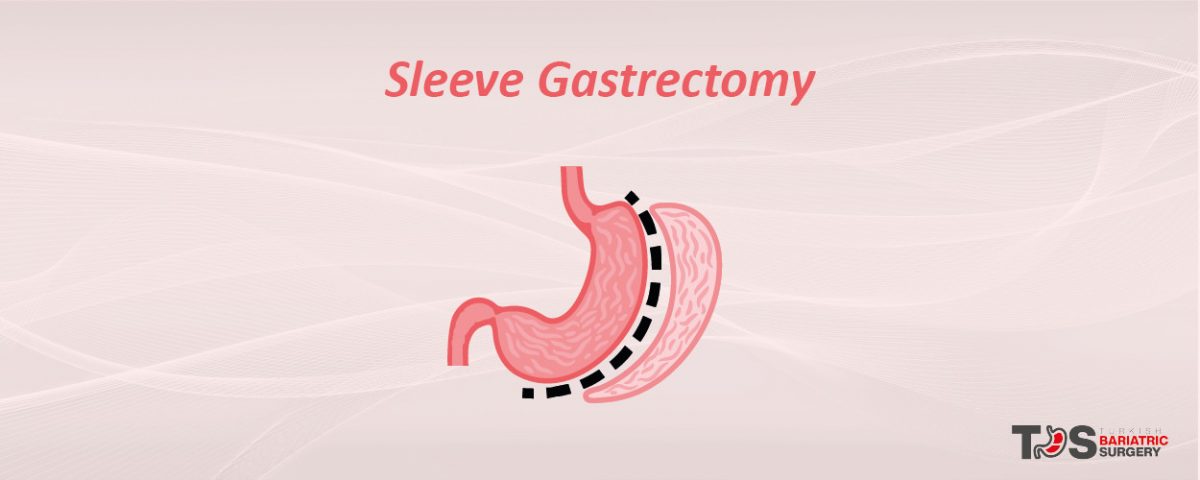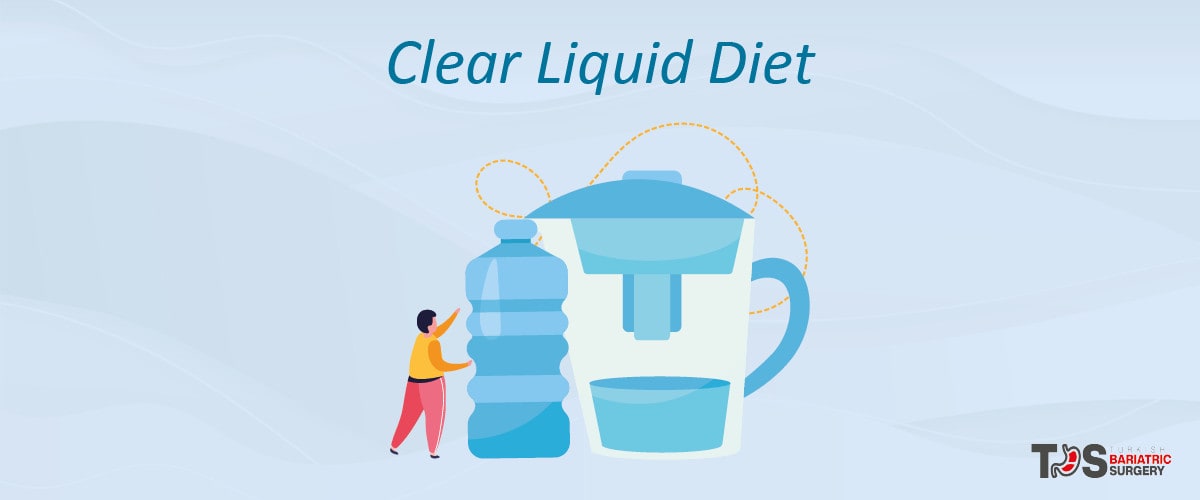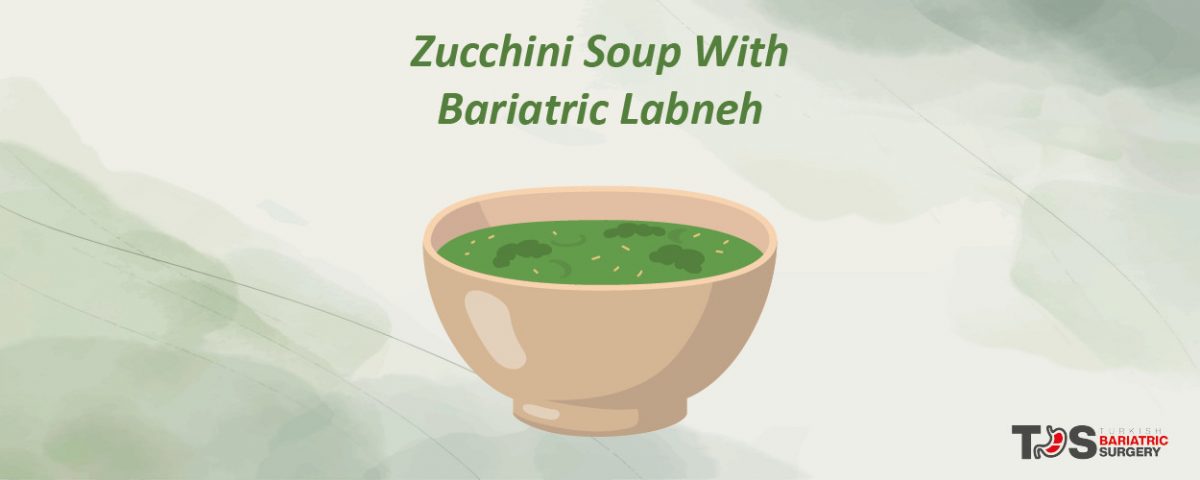Obesity is among the most common health problems today. So what is obesity?
The World Health Organization (WHO) has defined obesity as excessive fat accumulation in the body to the extent that it impairs health. In other words, it is the situation where the fat mass is excessively increased compared to the lean mass, and it is also a risk factor for acute or chronic disease that occurs as a result of excessive fat accumulation in the body.
Obesity, when untreated, shortens life expectancy and impairs quality of life. For this reason, individuals should maintain their ideal weight and be treated under the leadership of a physician and dietitian.




